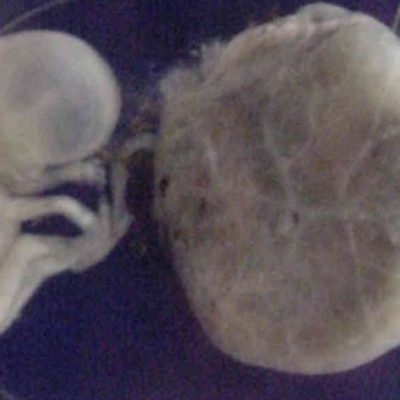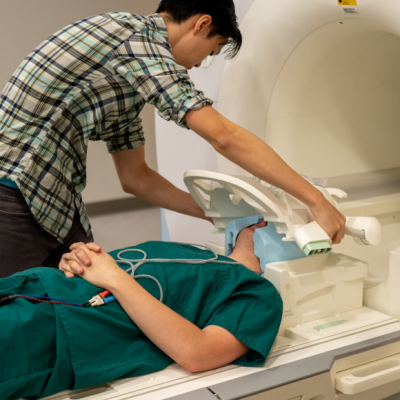Science Shop
Advertisement
Math and Genetics: Surprising Link
- By Rolf Lewis
- . August 7, 2023
In a surprising discovery, researchers at the University of Oxford have found a connection between the digit sum function of number theory and a key

Critical Temperature: When is it too hot for humans?
- By Rolf Lewis
- . August 6, 2023
New research from the University of Roehampton has revealed that the upper critical temperature (UCT) of humans is likely to be between 40 and 50

Obesity Increases Surgery Complication Risk
- By Rolf Lewis
- . August 6, 2023
Obesity and overweight significantly increase the risk of complications after surgery and often hinder the healing process. According to the World Health Organization (WHO), obesity

Fast food chain vending machines pose health risks.
- By Rolf Lewis
- . August 6, 2023
Bacteria, including dangerous strains of Salmonella spp (Salmonella), Pseudomonas aeruginosa, and Escherichia coli (E. coli), are often found in drinks from popular fast-food chain vending

Plant Proteins Protect Kidneys
- By Rolf Lewis
- . August 5, 2023
A higher intake of plant-based proteins, such as those found in plant-based meat alternatives, significantly reduces the risk of chronic kidney disease (CKD). As meat

Phone Distraction: Affects Concentration
- By Geert Devenster
- . August 5, 2023
Japanese psychologists have discovered in an experiment that the mere sight of a mobile phone disrupts concentration. Researchers previously believed that active use of mobile

Scientists reconstruct video from retina signals.
- By Rolf Lewis
- . August 4, 2023
Austrian researchers have successfully reconstructed a video from retina signals of rats, using signals from 100 neurons to produce remarkably accurate results. The Institute of

German Ethics Council approves CRISPR use
- By Rolf Lewis
- . August 4, 2023
The German Ethics Council has released a statement indicating that they are no longer generally opposed to the use of the gene-editing tool, Crispr. However,

Discovering Human Near-Death Experiences
- By Rolf Lewis
- . August 4, 2023
A recent study conducted by scientists at the University of Michigan School of Medicine has shed new light on the phenomenon of near-death experiences. The

Reading Thoughts with Brain Scanners
- By Rolf Lewis
- . August 4, 2023
A new non-invasive system has been developed that can translate basic thoughts into continuous text using functional magnetic resonance imaging (fMRI) and artificial intelligence (AI).









